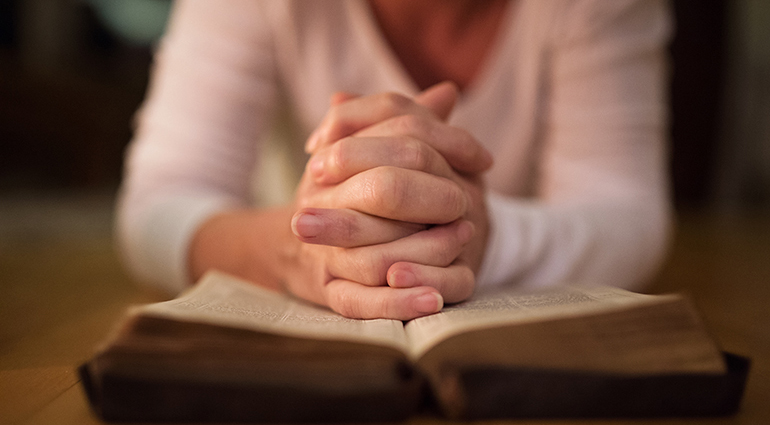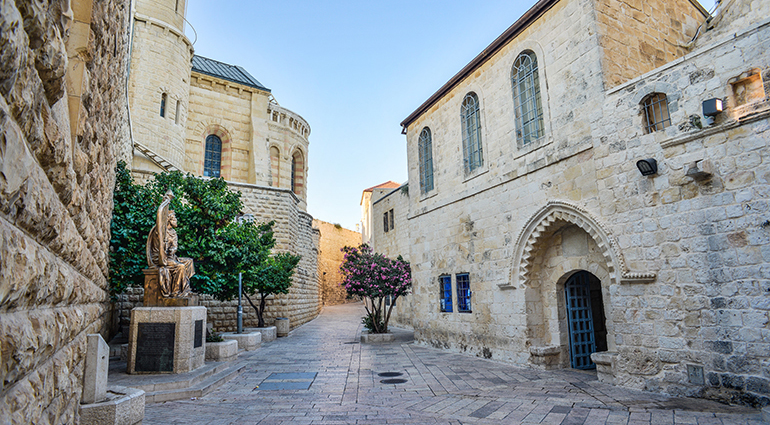Your Safe Place
The name of the
My daughter and I were arranging to attend an extended family gathering. Because she was nervous about the trip, I offered to drive. “Okay. But I feel safer in my car. Can you drive it?” she asked. I assumed she preferred her more spacious vehicle to my compact one so I responded, “Is my car too cramped?” “No, it’s just that my car is my safe place. Somehow I feel protected there.”
Her comment challenged me to consider my own personal “safe place.” Immediately I thought of Proverbs 18:10, “The name of the
Certain physical places promise longed-for safety in moments that seem dangerous. A sturdy roof overhead in the midst of a storm. A hospital offering medical care. The embrace of a loved one.
What is your “safe place”? Wherever we seek safety, it is God’s presence with us in that place that provides the strength and protection we really need.
Dear God, thank You that no matter what worries and concerns we have today, when we think about You, we find safety in Your presence.
Where is your safe place? Share at Facebook.com/ourdailybreadministriescanada.
God is a safe place in life’s storms.
INSIGHT
One of the greatest biblical descriptions of a truly “safe place” is found in the familiar words of Psalm 23. Some scholars envision David writing this Shepherd-psalm while still a young boy, perhaps lying under a star-filled night sky. Others see so much maturity and wisdom in the song that they imagine Psalm 23 as the reflections of an elderly person who has lived long and learned much. Either way, the song clearly describes David’s “safe place.” It was a place of provision (v. 1); a place of green pastures and quiet, relaxing waters (v. 2); and a place for spiritual restoration and spiritual guidance (v. 3). But, most of all, it was a place where David experienced the presence of God, who removed all his fear and provided deep comfort (v. 4).











